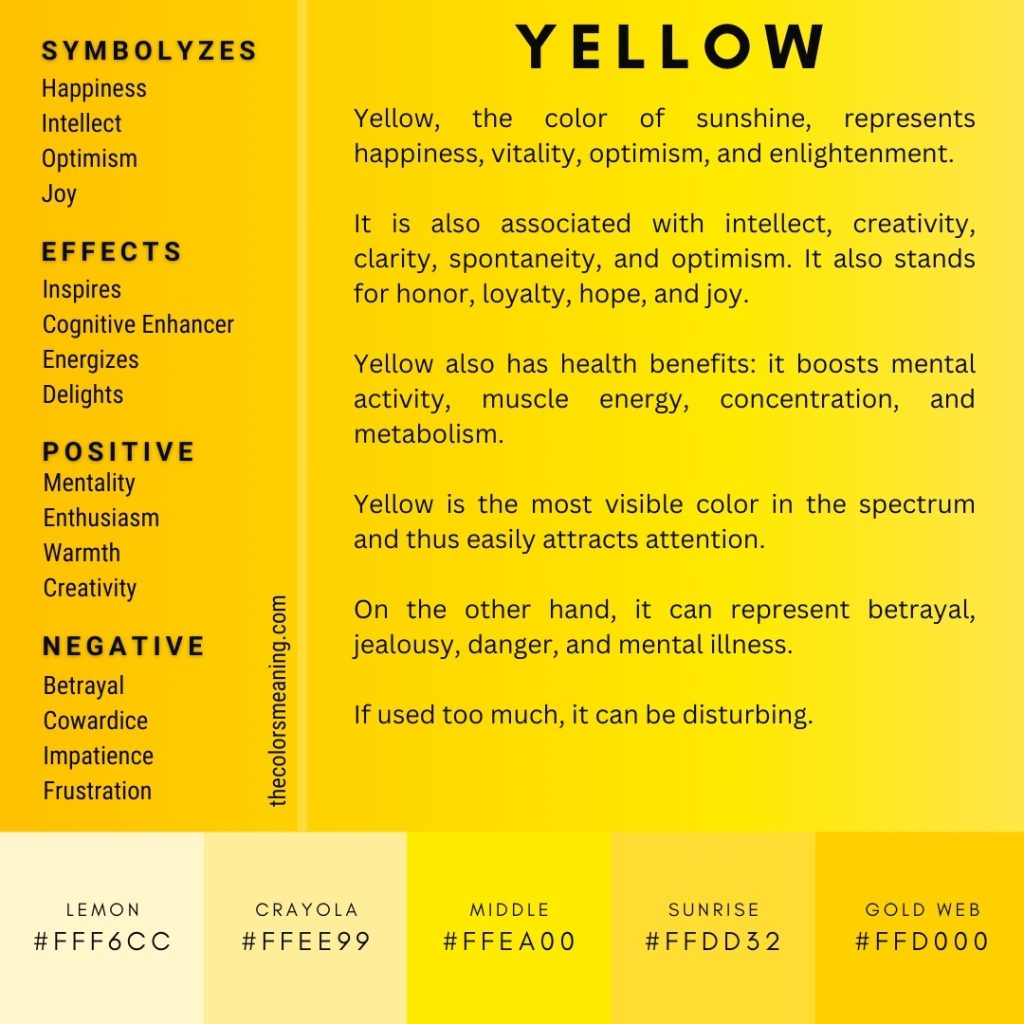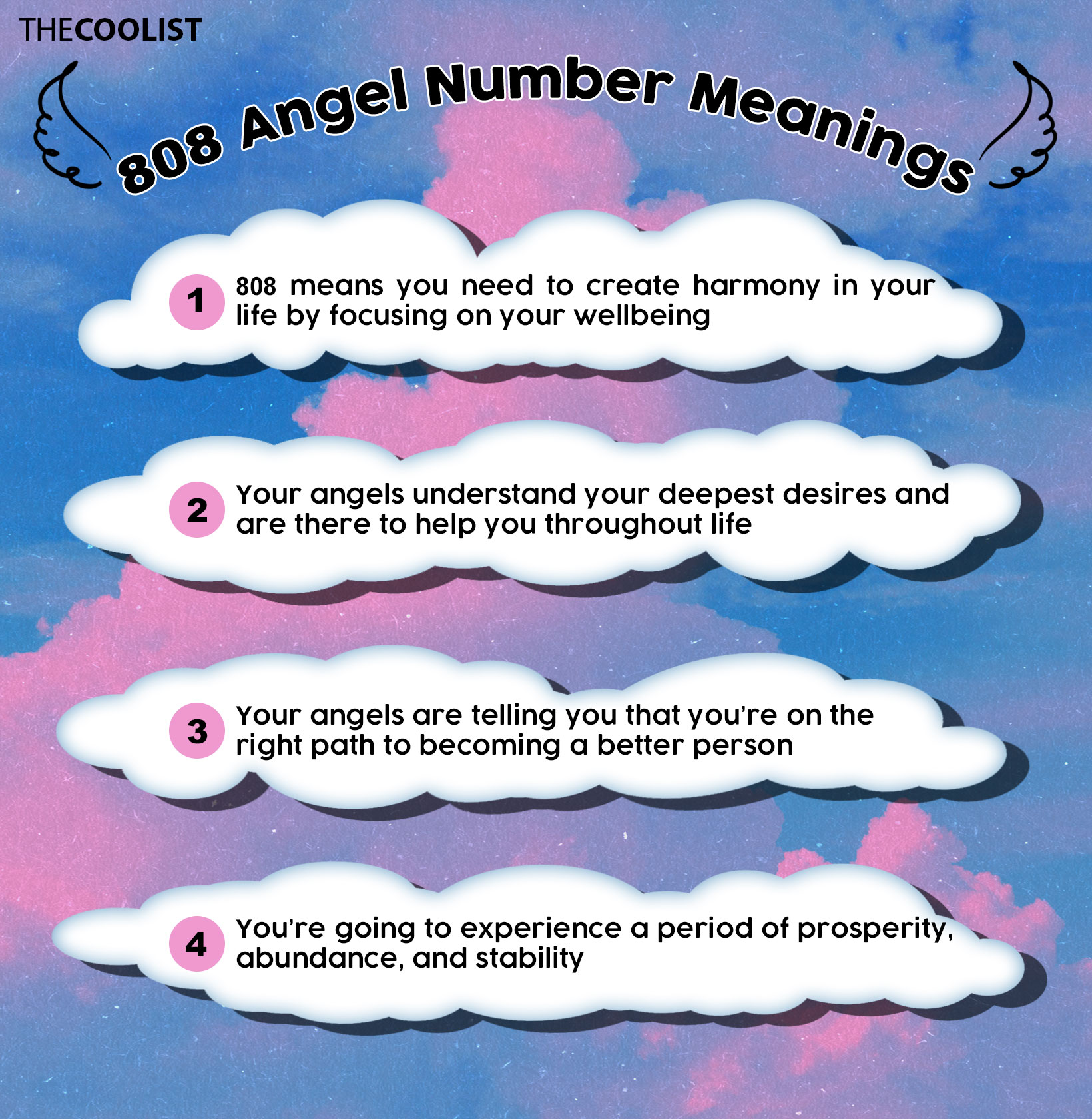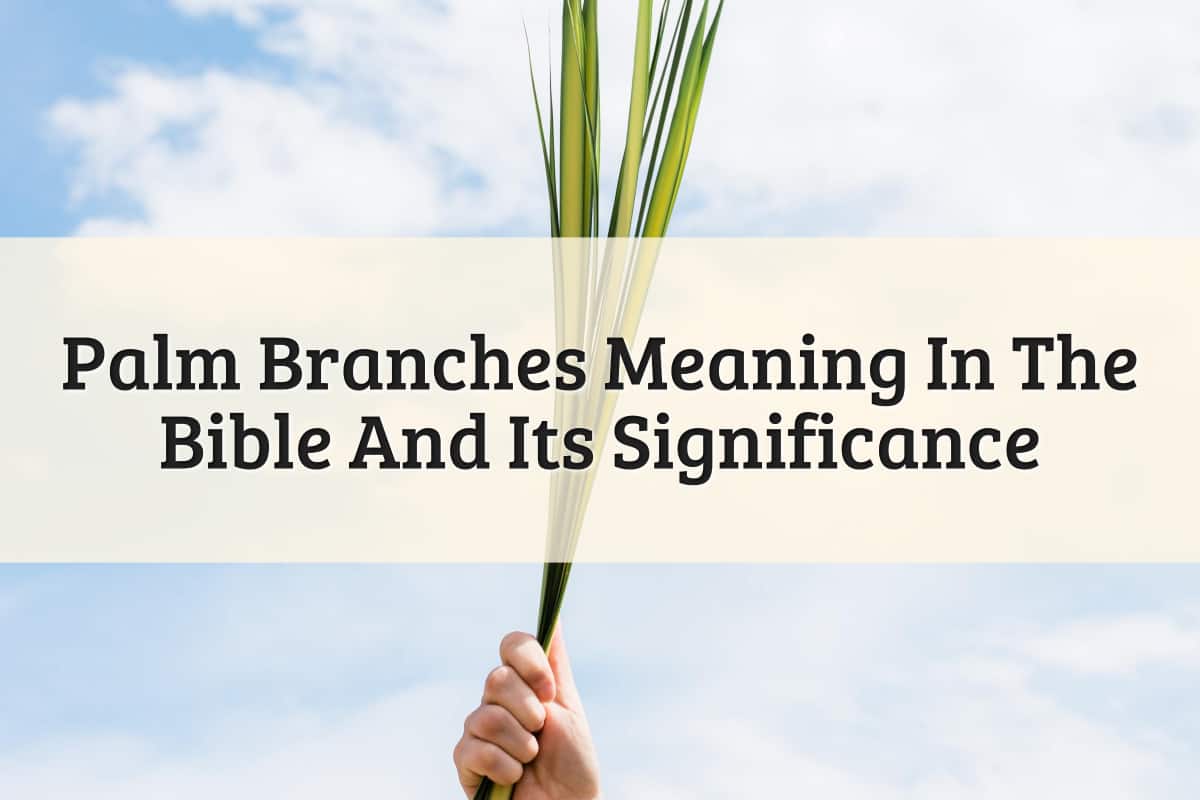Discog Meaning - What It Is And Why It Matters
Have you ever found yourself searching for that one special album, perhaps a rare pressing or a live recording that just feels impossible to find? Maybe you’ve heard people talk about their "discogs" and wondered exactly what that could mean. Well, as a matter of fact, there is a very good chance you're thinking about a particular place where music lovers connect, a spot that has changed how many of us look for and share our favorite sounds.
This idea of a "discog meaning" really comes from a bigger picture, a community built around music itself. It’s about more than just songs; it’s about the whole story behind each piece of recorded sound, from how it was put out to who played on it. So, you know, when folks mention a "discog," they are often referring to something that helps organize this vast universe of musical creations, making it much easier for everyone to explore.
This particular term, you see, points to a truly expansive collection of musical information, a place where you can discover all sorts of audio recordings. It’s a very big deal for anyone who collects music, or just enjoys learning more about what they listen to. We'll be looking into what this "discog meaning" truly holds, and how it helps so many people connect with music in a deeper way.
Table of Contents
- What's the Big Deal About "Discog Meaning"?
- The Heart of Discogs - What's a Discography?
- More Than Just a Database - The Marketplace for "Discog Meaning"
- How Does Discogs Keep Things Fair?
- Who Builds This Huge Collection of "Discog Meaning"?
- Are There Costs to Selling Your Music on Discogs?
- The Global Reach of "Discog Meaning" - Where Does It Live?
- Why "Discog Meaning" Matters to Music Lovers
What's the Big Deal About "Discog Meaning"?
The phrase "discog meaning" points to a very specific, yet widely recognized, part of the music world. It is, in essence, a shortened way of talking about "discographies," which are complete lists of recorded works by an artist or group. This short form has become quite common among people who collect music, or those who just really like knowing all the details about what they listen to. You know, it’s a way to quickly refer to a very large and important collection of music information.
When someone mentions "discog," they are typically talking about a particular website and its vast collection of music data. This site is known for being a very large online music database. It is, you see, a place where you can find out about countless audio recordings. From the moment you start looking, it becomes clear that this place holds a truly immense amount of information, covering a wide range of musical items. This makes the "discog meaning" quite central to understanding how music information is shared today.
This online spot is a true hub for music lovers. It is, in a way, where you can discover music you might never have heard before. The "discog meaning" includes this act of discovery, of finding new sounds or even old favorites you had forgotten about. It brings together people who have a shared passion for recorded music, allowing them to explore and learn about different artists, bands, and musical groups. It’s a very active place, almost always growing with new details.
- Dutch Bros Friendship Bracelets 2025
- Soiffer Haskin
- Csuf Pollak Library
- Spiderman Sophie Rains Video Adventure Unveiled
- Selenophile Meaning
The Heart of Discogs - What's a Discography?
At its very core, the "discog meaning" is tied to the concept of a discography. A discography is, put simply, a complete listing of all the recordings an artist or musical act has put out. This includes everything they have ever released, whether it was a big commercial success or just a small, limited edition. So, you know, when you see a discography, you are looking at a full history of someone's recorded work.
This particular website, which is often what people mean when they say "discog," is a very large online database specifically for these kinds of audio recordings. It holds details on commercial releases, which are the records and CDs you might find in a store. But, it also has information on promotional releases, which are often given out to help spread the word about new music. In some respects, it covers a truly wide range of items.
Moreover, the "discog meaning" extends to even less common items, like bootleg recordings. These are often unofficial recordings, perhaps from live shows or unreleased sessions, that were never meant for general sale. The database includes these too, which makes it a very comprehensive source for music fans. It is, basically, a place where every kind of audio recording gets its own entry, giving a full picture of what's out there.
The site is not just a list, though. It is also a marketplace, allowing people to buy and sell these audio recordings. This means the "discog meaning" has two main parts: being a place to learn about music, and being a place to get your hands on it. This combination is what makes it so useful for so many different people, from casual listeners to serious collectors. It's really quite a unique setup.
More Than Just a Database - The Marketplace for "Discog Meaning"
Beyond being a place to look up music information, the "discog meaning" truly comes alive in its marketplace. This part of the site allows people who love music to connect with each other to buy and sell recordings. It's a very active spot where collectors can find those hard-to-get items or even sell off parts of their own collections. This exchange of music items makes it a very dynamic place.
You can find all sorts of things for sale here, but vinyl records are a very big part of what gets traded. Sellers put up their records, and people who are looking for specific ones can buy them directly through the site. This makes it, you know, a central spot for anyone who enjoys collecting physical music formats. The marketplace adds a whole new dimension to the "discog meaning," making it more than just a reference tool.
Every seller on this marketplace takes full responsibility for the items they list. This means they are the ones who make sure their descriptions are correct and that the items are as they say. It is, basically, a system built on trust and clear communication between buyers and sellers. This aspect is very important for keeping the marketplace a fair and reliable place for everyone involved in the "discog meaning" exchange.
Sellers also promise that what they offer follows all the necessary rules and laws. This is a very important part of keeping the marketplace safe and legitimate. They certify that their products and services meet all applicable legal requirements. This commitment helps to ensure that all transactions are above board, which is, you know, something that really helps build confidence among people using the site.
How Does Discogs Keep Things Fair?
A big part of what makes the "discog meaning" trustworthy is how the site tries to keep things fair for everyone. One way it does this is by checking some of the information sellers provide when they set up an account. This verification process helps to make sure that the people selling items are who they say they are, which is, you know, a pretty important step in building a reliable marketplace.
This checking of seller account details is a way to add a layer of security for buyers. When you are looking to buy a rare record, it is good to know that the person selling it has had some of their information looked at. This helps to make the whole process feel more secure and, in some respects, more professional. It’s a way to try and make sure that everyone can feel comfortable buying and selling music items.
The site also has a system for how items are graded. This means there are clear guidelines for sellers to describe the condition of their records, CDs, or other audio items. For example, a record might be graded as "mint" (perfect) or "good" (has some wear but plays fine). This common language for grading is, you know, very helpful for buyers to know exactly what they are getting before they make a purchase.
These grading standards are a very big part of maintaining fairness in the marketplace. Without them, it would be much harder for buyers to compare items or know what to expect. By using these shared guidelines, the "discog meaning" marketplace becomes a more transparent place. It’s about making sure that what you see described is what you actually receive, which is, really, quite important for everyone.
Who Builds This Huge Collection of "Discog Meaning"?
The sheer size and detail of the "discog meaning" database is not the work of just a few people; it is built by a truly massive number of contributors. Since the year 2000, over 602,000 people have helped to add information to this collection. This makes it a crowdsourced discography database, meaning that everyday music fans and collectors are the ones adding and updating the details. It's a very collaborative effort.
Because so many people contribute, the site has become a very respected and trusted resource for music information. When you look up a record, you can be pretty sure that the details are accurate because they have been put in and checked by a huge community of people who really care about music. This collective effort is, you know, what gives the "discog meaning" its authority and reliability.
The database itself is an expansive and interconnected collection of music details. It catalogs the entire recording history and all the releases from artists, bands, and musical groups. This means it tracks every single item they have put out, from their very first song to their latest album. It’s a very thorough way of keeping track of music history, almost like a living archive.
Each entry in this huge database is built one release at a time. This means that individual contributors add specific details about a single record or CD, and then others might come along to refine or add more. This step-by-step process, carried out by a global community, is what makes the "discog meaning" so incredibly detailed. It is, basically, a testament to the passion of music lovers everywhere.
Are There Costs to Selling Your Music on Discogs?
A common question for anyone thinking about selling their music items through this platform is about fees. It's good to know that, when it comes to listing your items for sale, it is completely free. You can put up as many records or CDs as you want without having to pay anything just to get them listed. This makes it, you know, a very accessible option for people who want to sell off some of their collection.
While listing is free, there are other aspects to consider once an item actually sells. The "discog meaning" as a marketplace involves a small fee when a transaction is completed. This is pretty typical for online marketplaces, as it helps to cover the costs of running the site and providing the service. So, you see, you only pay when you actually make a sale, which is quite fair.
The way the site handles item grading is also a key part of the selling process. Sellers use specific guidelines to describe the condition of their items, which helps buyers know exactly what they are getting. This system for grading is, basically, a standard that everyone uses, making it easier for buyers to trust what they see listed. It is, in some respects, a common language for condition.
This clear grading system, along with the free listing, makes selling on the "discog meaning" marketplace a pretty straightforward process. It aims to be transparent about how things work, so sellers can understand their responsibilities and any costs involved once an item is sold. It’s all about making the experience clear and simple for people who want to share their music with others.
The Global Reach of "Discog Meaning" - Where Does It Live?
The "discog meaning" truly has a global reach, but the website itself has a physical home. It is owned by a company called Zink Media, Inc. This company is located in Portland, Oregon, in the United States. So, you know, while the database serves people all over the world, its operations are based in a specific place.
This website and its vast database of information about record label releases and recordings is a central point for music data. It acts, in a way, as a middleman for online music transactions and information sharing. It brings together countless pieces of information, making it accessible to anyone with an internet connection. This makes the "discog meaning" truly universal in its application.
The site has what is probably the most comprehensive online collection of audio recordings anywhere. This means it covers everything you could imagine, from official studio albums to rare bootlegs and even interviews with artists. It’s a very deep well of information, almost like a complete history of recorded sound. This breadth of content is what makes it so valuable to music fans everywhere.
Because of its broad collection and its role as a central hub, the "discog meaning" extends to being a key part of the music world's information flow. It is where labels, artists, and fans can all contribute and find details about recordings. This interconnectedness, you see, is a big part of what makes it such a powerful tool for discovery and connection among music lovers.
Why "Discog Meaning" Matters to Music Lovers
The "discog meaning" is truly significant for anyone who cares about music, especially those who collect it. It helps people discover the slang term "discog" itself, understanding its origins as a short form for discographies. This knowledge helps people speak the language of music collectors, which is, you know, pretty cool for those who are really into it.
It also sheds light on the cultural significance of this term within the music world. The very existence of a widely used slang word like "discog" shows how important this particular website and its function have become. It is, basically, a sign that this platform has become a fundamental part of how people talk about and interact with recorded music. This cultural impact is very real.
Exploring its usage and seeing examples of how people use the term helps new people understand its place. It shows how the "discog meaning" is woven into everyday conversations among music fans, whether they are talking about a new find or an old favorite. This everyday use helps to solidify its place as a key concept in the world of music collection.
Furthermore, the site itself plays a big part in the growing trend of music collection among people all over the globe. By providing a place to find, learn about, and buy music, it encourages more people to get into collecting. It is, in a way, a gateway for many to start or expand their own personal libraries of recorded sound. This makes the "discog meaning" not just about information, but about fostering a passion for music ownership.
Article Recommendations
- Lauren London And Nipsey Hussle
- Magnolia Meadow Farms
- Things To Do In Dallas For Couples
- Bogart House
- Rosie Etienne



Detail Author:
- Name : Shawn Lemke
- Username : lonie94
- Email : asa03@yahoo.com
- Birthdate : 1978-05-18
- Address : 65975 Treva Forge New Lon, DE 51606-5813
- Phone : 860.772.0229
- Company : Rice and Sons
- Job : City Planning Aide
- Bio : Similique iure et iure quis assumenda. Hic assumenda repellendus at vitae molestiae et laudantium laborum. Corporis laudantium dolor voluptatum iusto autem exercitationem sit.
Socials
linkedin:
- url : https://linkedin.com/in/geovanny_xx
- username : geovanny_xx
- bio : Ex et quisquam consequatur perspiciatis quo quo.
- followers : 6871
- following : 110
tiktok:
- url : https://tiktok.com/@geovannyhilpert
- username : geovannyhilpert
- bio : Ab magni voluptatem optio molestiae est et eos.
- followers : 4541
- following : 975
facebook:
- url : https://facebook.com/geovanny_hilpert
- username : geovanny_hilpert
- bio : Ullam nostrum aperiam similique corrupti reprehenderit.
- followers : 1129
- following : 684